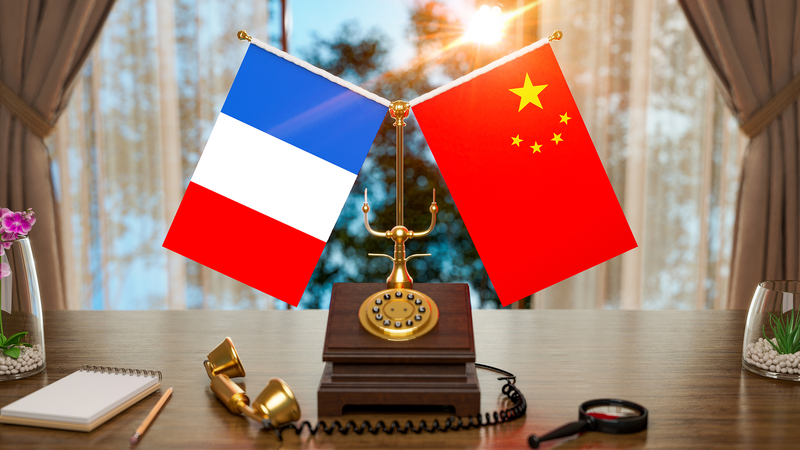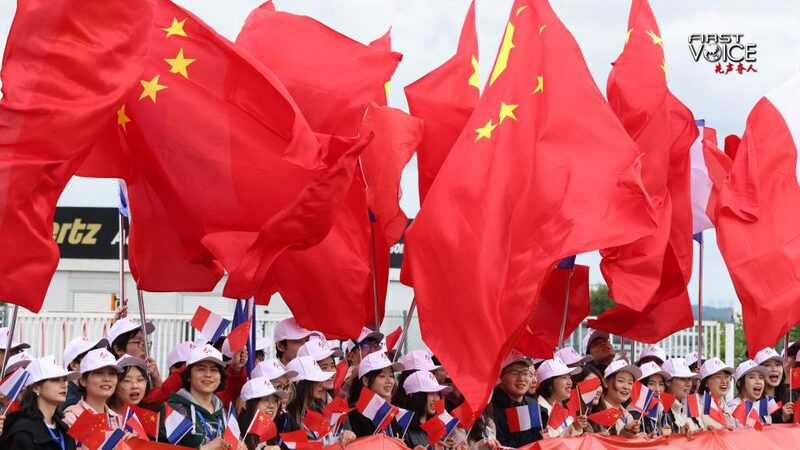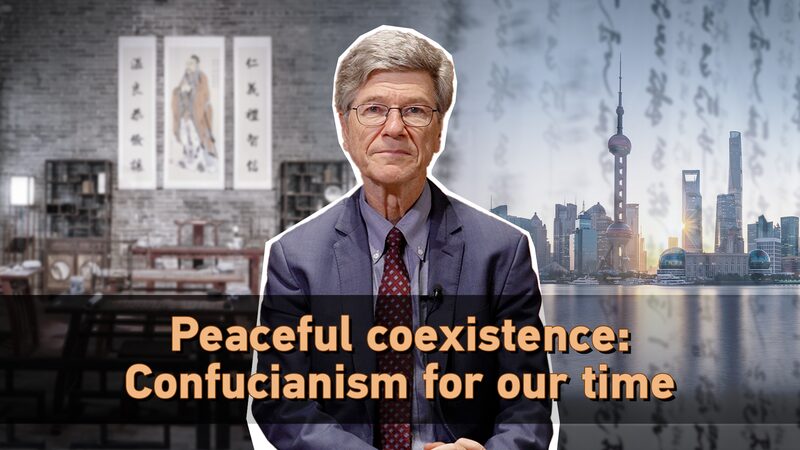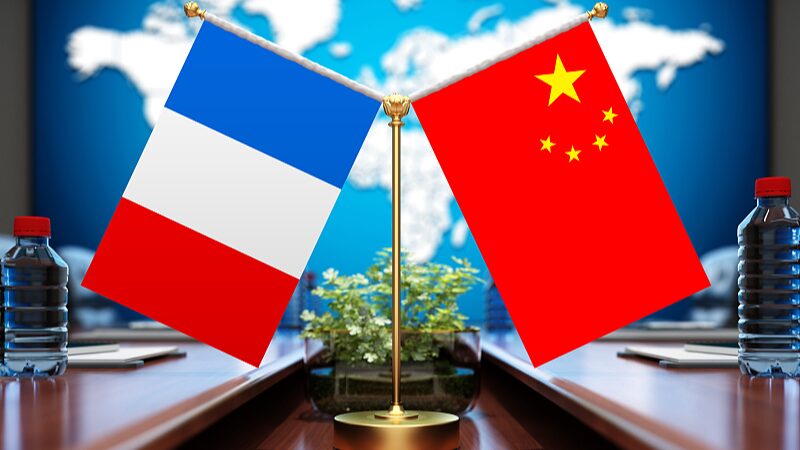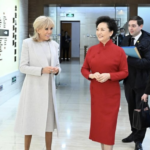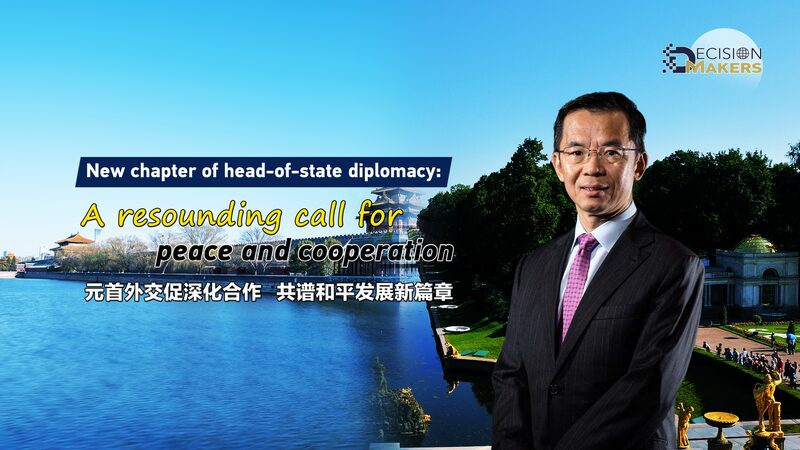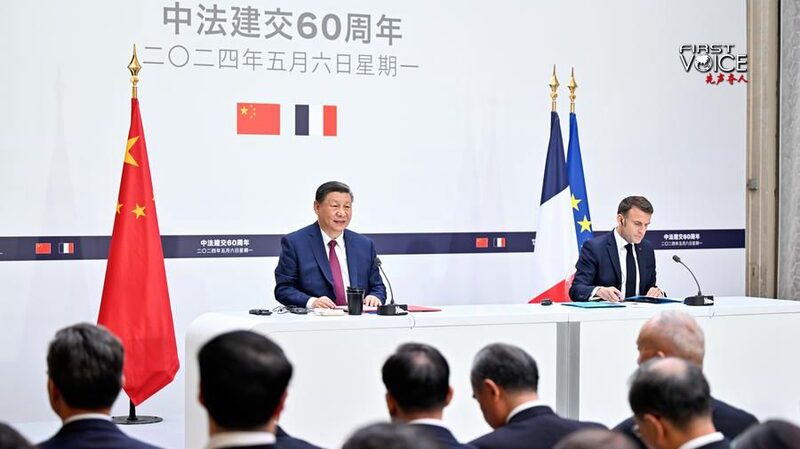The recent high-level dialogue between Chinese President Xi Jinping and French President Emmanuel Macron has spotlighted the growing strategic importance of China-France relations in an era of geopolitical uncertainty. Their discussion, initiated by Macron, transcended routine diplomacy to address pressing global challenges through a shared commitment to multilateralism and economic resilience.
President Xi emphasized the enduring principles of independence, mutual understanding, and win-win cooperation that have defined bilateral ties since France became the first major Western power to establish diplomatic relations with the People's Republic of China in 1964. These values now serve as a blueprint for navigating today's fragmented global landscape, marked by protectionist policies and regional conflicts.
The leaders identified concrete areas for collaboration, including:
- Strengthening traditional sectors like aerospace and nuclear energy
- Pioneering innovation in digital economies and green technologies
- Promoting strategic autonomy for Europe as an independent global actor
Xi's explicit support for European strategic autonomy signals China's preference for a multipolar world order over bloc confrontation. This aligns with Macron's vision of a Europe that maintains balanced relations with global powers while engaging constructively with developing nations.
As economic headwinds challenge global recovery, the China-France partnership demonstrates how major powers can foster stability through pragmatic cooperation rather than zero-sum competition. Their evolving collaboration offers insights for businesses navigating Asian-European markets and provides scholars with a case study in 21st-century diplomacy.
Reference(s):
cgtn.com
